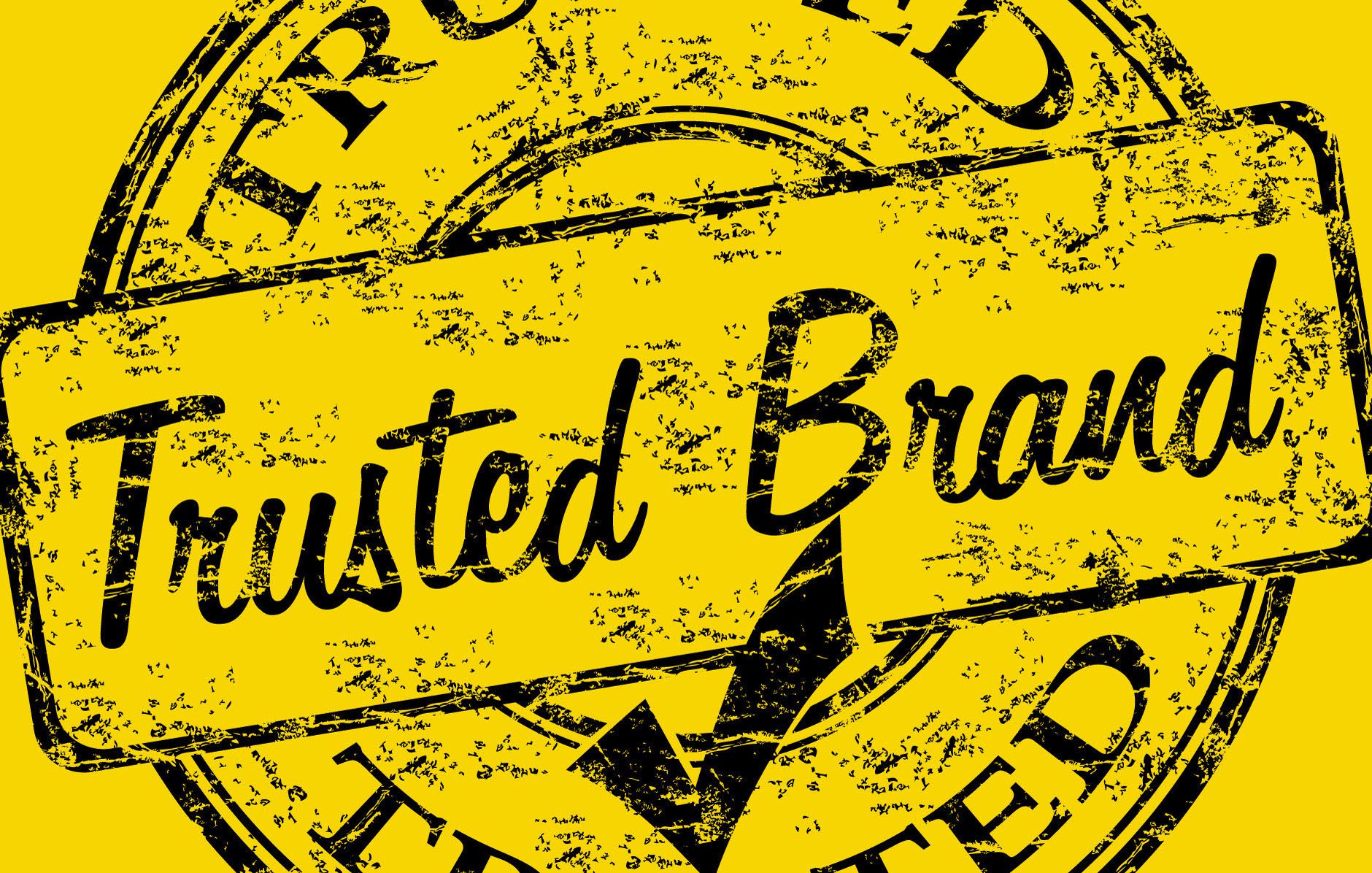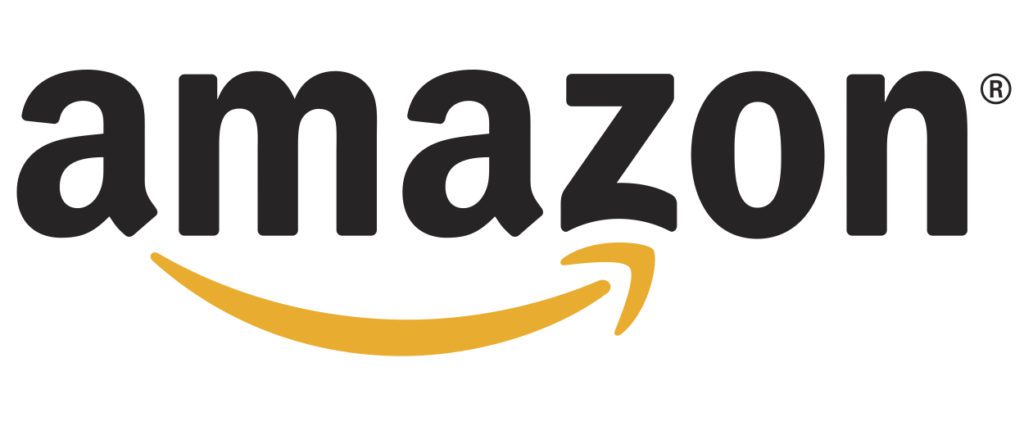Consumers don’t want to ignore brands. We want to spend time in their stores and immerse ourselves in their websites when the experience is good. We willingly buy their products. Otherwise, people around the world wouldn’t be spending nearly $25 trillion in 2018 in the retail sector alone. But to become loyal to brands – to willingly give them our time and money over and over, and then recommend them to others – we have to trust them.
A relationship with a business is built on trust, and consumers now possess more tools to figure out which brands they can trust and which they cannot. For example, analyst Brian Solis recently assessed the results of Google research indicating that mobile searches that include “best” have grown more than 80 percent in the last two years, and searches using the phrase “to avoid” have grown 1.5X in the same span. And Google continues to refine its algorithms to provide precise answers. As Solis notes,
Among everyday consumers, trust in brands and executives erodes every year. According to Edelman’s annual Trust Barometer report, trust is increasingly democratized and less hierarchical. In its most recent report, Edelman found, for the first time, that 60% of consumers view “a person like yourself” as a credible source for information about a company as a technical or academic expert. And, credibility of CEOs hit an all-time low in the series, with a 12-point decline in the last year.
Building consumer trust becomes not only an imperative for attentive brands but also a significant competitive advantage.
In addition, consumers are increasingly relying on reviews to determine which companies they can trust. According to eMarketer, online reviews are even overtaking advice from friends and families as a way to research brands. Online reviews are especially important for high-consideration products such as electronics and clothing.
How do brands earn our trust? I think brands do so by living these four attributes:
Authenticity
Brands can illustrate authenticity in many ways, but when it comes to consumers trusting brands, it’s important that companies demonstrate their values and what they stand for. Kendra Scott is a fashion brand that is built around positivity and giving back to the community. The founder, Kendra Scott, uses social media to not only showcase their quality products, but the company’s values and philanthropic actions as well. The brand organizes events for a variety of organizations and causes, which they put on display across their marketing channels. Emphasizing how involved Kendra Scott is to making the world a better place allows consumers to think of them than more than just a company that sells jewelry and other fashion products – it’s a brand they can trust.
Transparency
In the social media world that we live in, there are no longer secrets. Consumers are demanding brands to be open and honest with them. Many brands struggle with being transparent with their customers, but a lack of transparency only hurts them. Whether a brand is enduring a PR crisis or announcing a new product, it’s important for a brand to show who they are and what they can give to the consumer. Recently, I received an email from Panera Bread’s CEO, Blaine E. Hurst, commenting on the recent romaine lettuce recall. He stated, “From the moment the advisory was issued by the U.S. Centers for Disease Control and Prevention (CDC) on April 13, 2018, we pulled all romaine originating from Yuma growing region from our cafes . . .”
He continued by confirming that customers can rest assured that they found a new source and all Panera salads are safe to eat. He concluded the email by saying, “We hope this helps to ease your mind, and invite you to come in and enjoy your favorite Panera salad again.”
From this email, Blaine Hurst was able to build trust by being honest. He assured customers that they were safe to eat at Panera by confirming that Panera had resolved the unfortunate issue. When a brand faces a conflict that involves them or their products, it’s crucial that they are completely transparent with consumers in order to gain or sustain trust.
Consistency
It’s essential to develop standards for brand consistency, online and offline, to earn consumer’s trust. Chick-fil-A is a company that does so. My experience at Chick-fil-A, no matter which location, has been consistent each time, whether it’s at the beginning with a warm welcome from the employee taking my order, or when I’m enjoying my meal. And the brand consistency doesn’t stop there. When I come across one of their social media posts or advertisements, I can tell it’s their content without even looking at the brand name. Having consistency across your team, products, and marketing efforts builds trust and loyalty for consumers because they know what to expect from you and your products or services.
Empathy
Showing your customers that you care about them, especially in a time of need, boosts consumer loyalty and trust. I recently ordered a present for a family member off Amazon, and the dealer lost it in the mail. Amazon sent me an email telling me to contact Amazon support, and then a friendly customer service rep from Amazon apologized multiple times for the inconvenience. The same rep immediately re-ordered my item for me free of charge with overnight shipping so that I would get it on time. Amazon training their support team to show empathy allows me to feel confident ordering from Amazon in the future. Even if this issue or a similar scenario were to happen again, I could trust that Amazon would happily resolve the issue quickly. Offering empathy to a customer enhances the customer’s experience which then enables them to trust the brand.
Perhaps the best way for a brand to build trust is to ask these simple questions:
- Are you treating your customers the way you would want them to treat every person at your company?
- What do you want your customers to say about you? Are you giving them every motivation to do so with your actions?
Trust is earned one person at a time. But building trust starts with training your own people. Does everyone at your own company know how to earn the trust of every customer they meet?
Image source: http://www.brandingbusiness.com/blogs/building-b2b-brand-trust-through-communication




